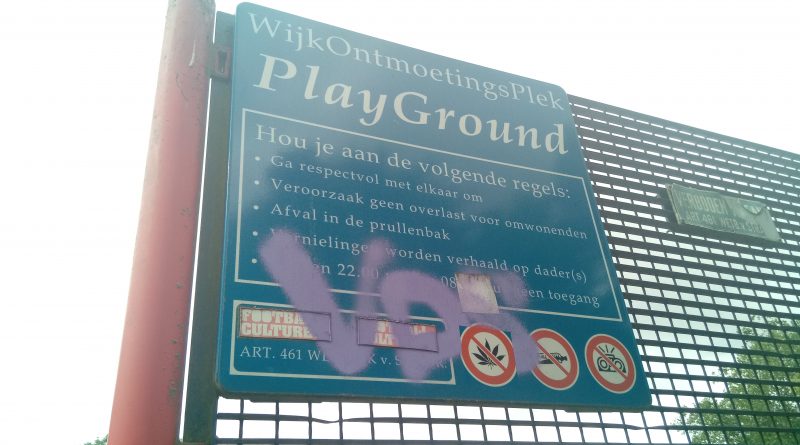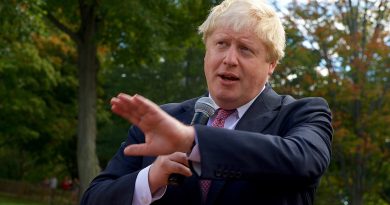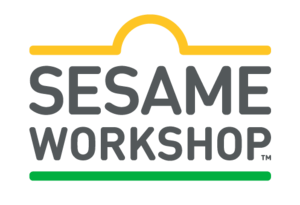FOCUS on Narco-States: The Netherlands
Collin Duran
Staff Writer
The Netherlands is currently confronting a narco crisis – it is a problem that has been evolving over the last four decades. The country, which is a global tourism hub due to its famed red-light districts and relaxed drug laws, has been plagued by organized crime related to the drug trade. Officials are now attempting to confront the concerning rise in violence in hopes of preventing the country from becoming an all-out narco-state.
Since the 1970s, the Netherlands has instituted a policy of “tolerance” towards soft drugs such as marijuana, as noted by the Library of Congress’s Law division. As outlined by the Dutch Opium Act of 1976, the sale of soft drugs is nominally illegal, but the government’s tolerance policy has made it clear that citizens will not be prosecuted for the purchase, consumption, and/or possession of soft drugs. This seemingly unorthodox approach to drug regulation was instituted in the hopes of deterring citizens from coming into contact with hard drugs, such as cocaine, heroin, and opium. In turn, the “coffee shops” that sell soft drugs have been granted a form of immunity from the law, which allows drugs to be consumed on their premises. However, it is this very caveat in the law that is promoting drug-related organized crime.
While coffee shops can sell marijuana, it is still illegal to produce the drug in the country, as reported by Forbes. This has created a black market that has spiraled out of control in recent decades. With the high demand for the production of marijuana, organized crime groups began to delve into the production of synthetic hard drugs as well. A recent Deutsche Welles report indicated that the Netherlands generates nearly $20.8 billion in the production of soft drugs and synthetics. The article also noted the potential involvement of other international drug cartels in the Dutch narco industry, suggesting that Mexican cartels are playing a significant role in the distribution of Dutch synthetics. With staggering profits being reaped by Dutch criminals coupled with increasing involvement in the international drug trade, some have raised concern over the potential formation of a narco-state in the Netherlands.
A “narco-state” itself is defined as a state, “whose economy is dependent on the trade in illegal drugs” as stated by the Oxford Dictionary. A narco-state is also characterized by the involvement of organized narco-related crime syndicates in a state’s societal and political institutions, to varying degrees. The Netherlands is working to curb the growing power of internal criminal organizations that are currently making their presence felt to both the public and the government. The most recent incident involved the murders of a state witness’s brother and lawyer, both of whom were working on a case against a drug syndicate, as reported by the BBC. Other examples of violence waged on the public include the murder of a mother and the appearance of a severed head outside of a coffee shop. Dutch authorities fear that stopping narco-gang activity may be an insurmountable task, especially due to the involvement of other international crime families in the Dutch drug trade.
According to both Vice and Dutch authorities, the Moroca mafia, or the “mocro-mafia” is responsible for the vast majority of synthetic drug production in the Netherlands. Their power has only been boosted by their association with crime families in Italy, Ireland, Columbia, and Mexico, among others. The Netherlands has a significant minority of Moroccan residents stemming from a 1960’s program to bring over “guest workers” to fill jobs in the hospitality industry. Most of the Moroccans who arrived in the Netherlands came from an already-impoverished area in Morocco, and upon their arrival, were “treated like cattle” and forced into housing in ghettos and other low income, high crime areas. These circumstances lead many Moroccans to turn to crime as a way to make money and shed their victim status in the country. Selima el Musalima, a female imam in the Netherlands, articulated that the drug trade is so lucrative to Moroccans because it, “offers the youth a platform where they are not the victim, but the aggressor.” The state’s only chances to combat narco crime, in the long run, will have to involve some form of cultural integration and economic equity programs.
In the meantime, Dutch authorities will have to find a way to weaken the power of the Mocro mafia. As reported in the Guardian, the Dutch police association is working on recruiting 2,000 additional officers, as they can only handle about one in nine criminal groups at a time with their current personnel. While the Netherlands may not be a traditional “narco-state” at this time, they are certainly moving towards becoming one.



